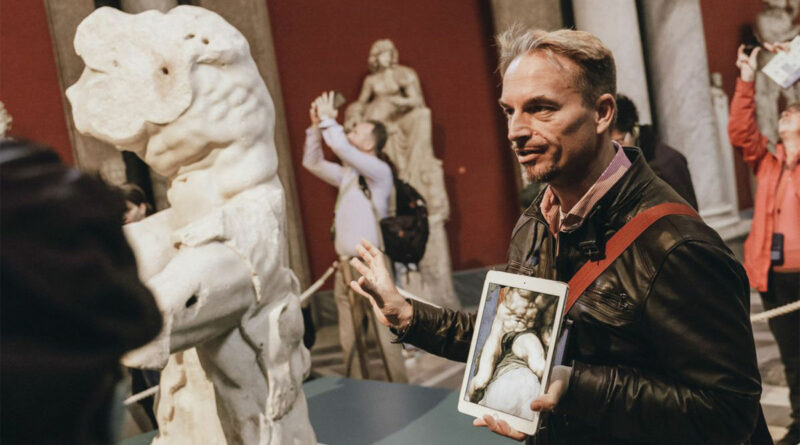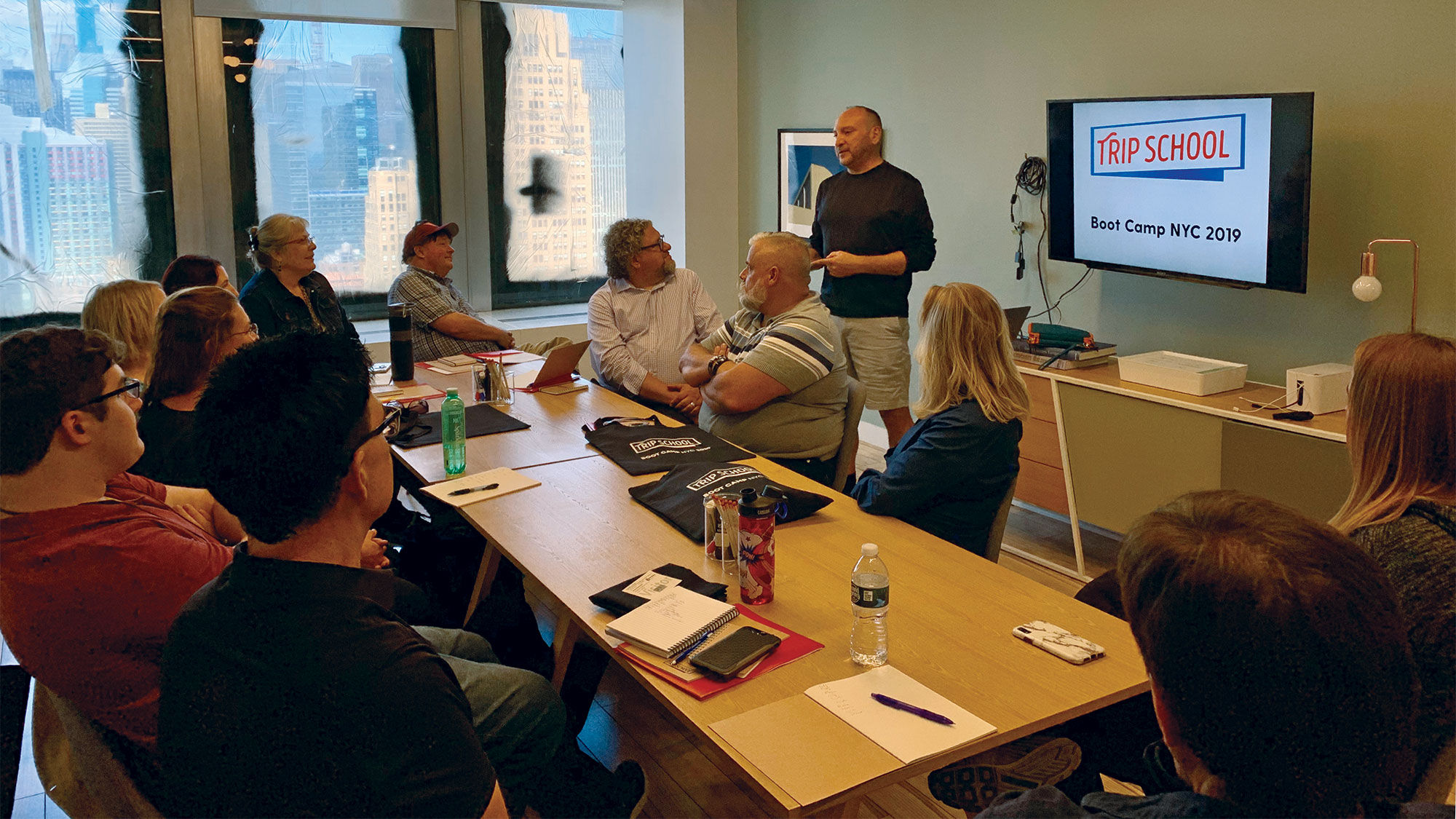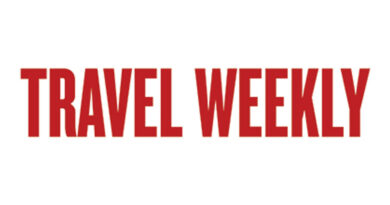Operators of city tours are looking for a few good guides
Business is finally moving toward 2019 numbers for day tour operators in big cities around the world. But slower to make a comeback are their staffing levels.
Worker shortages remain a lingering concern for the travel industry at large, and as travelers return to big cities this year, many operators in metropolitan destinations say the race to meet the resurgent demand at times outpaces the supply of tour guides.
“One of the biggest inhibitors over the past year, and continuing into this year, is staffing and the ability of operators to get guides and staff,” said Douglas Quinby, founder and CEO of Arival, a travel research firm that studies niche and small-market tours. Arival found that visitor attractions made a strong recovery in 2022, with most achieving 2019 levels of visitor traffic and revenue.
“That’s probably been one of the biggest challenges right now facing the industry,” Quinby said of the staffing constraints.
TripSchool, a training resource that helps connect tour operators with tour guides, implements training programs and provides guidance on hiring. The company said it is getting requests left and right from both multiday operators and day tour operators to help their businesses find guides.
“We get requests all the time from these operators who are looking for our graduates and contacts to help facilitate this,” said Alan Armijo, president and co-founder of TripSchool. “2023 is gearing up to be a record year since the pandemic.”
Pressed to keep their post-pandemic recovery levels on the upswing, a number of tour operators are getting creative when it comes to recruitment, retooling strategies to attract potential hires.
Tootbus, a London-based company that offers hop-on, hop-off bus tours in six cities across three countries, said it overhauled its recruitment strategy and tour guide training program after a rocky restart in the first quarter of 2022.
“We decided to fully review and rebuild the recruitment process,” said Arnaud Masson, executive director for digital and sightseeing for Tootbus. “We started working with startups, digitalizing the process, using traditional recruitment channels but also new ones that allow anyone to drop a CV or LinkedIn profile in one click.”
Its retooled recruitment also includes Candidate Relationship Management, similar to the CRM tool used for customers, which the company said has been successful.
On Location Tours, a sightseeing company that visits film and television show locations in major U.S. cities, recently expanded into Chicago and Los Angeles, where finding the right guides — local actors and comedians with improv experience — still proves a challenge.
“We always strive for quality over quantity, and our goal is to find tour guides with enthusiastic and infectious personalities who are likeable, strong leaders, personable and know city neighborhoods and streets well,” said Georgette Blau, founder and CEO of On Location Tours.
In addition to using social media to find talent and working with casting agencies, On Location is finding other ways to alleviate some staffing pain points.
The company launched self-guided tours in select cities, offloading the need to staff every tour it runs, and also introduced smaller, special interest private tours, which Blau said “provides a lot more booking flexibility as customers can choose their own date and time and we can accommodate per their request.”
Finding tour guides in North America may be harder overall than in Europe because of how the profession is viewed and treated in each market, said Stephen Oddo, senior vice president of Hornblower Group and president and founder of Walks, a sightseeing tour company in major international cities.
“In the U.S. and Canada, being a tour guide is considered more like gig work. In North America, in general, we’re often training guides from scratch,” Oddo said, adding that Niagara Falls and Boston are its toughest markets to fill.
“It’s a much more professionalized career in Europe. There may be a certification that you get to work at Westminster Abbey, which is different from the one you get to work at the Tower of London.”
Even though day tour operators like Walks and Tootbus are doing relatively well with fewer staff, retention is a priority, something that organizations like TripSchool try to drive home to its tour operator base.
“We find that the No. 1 thing that attracts the top talent is a company that supports them. They want to feel included and valued,” said Armijo. “Money is a key factor, but I know many top guides who will work for a bit less when they are happy with the company. Nobody wants to have a job that makes them miserable.”
Source: Read Full Article





